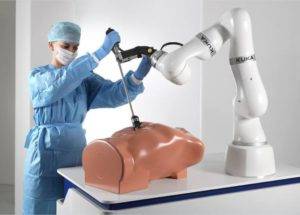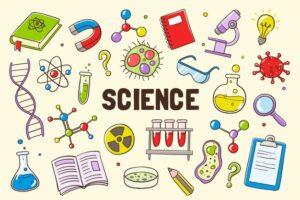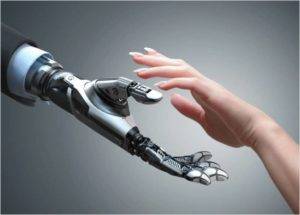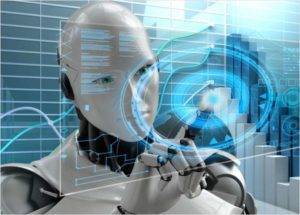How IoT can Decelerate Climate Change
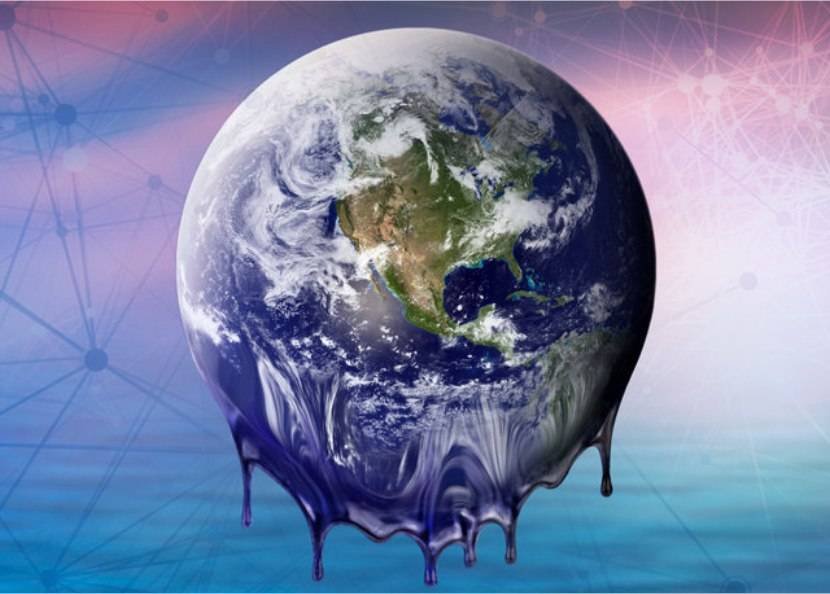
How IoT can Decelerate Climate Change: With technology taking over so many sectors, it was about time that the network model on which the world works be changed as well. Thus came the Internet of Things and took the IT world by storm. Its revolutionary concept of decentralizing data storage and connecting devices directly without any central server proved so successful that there have been claims made that the IoT can easily help us fight the ginormous problems linked with climate change.
Why is Climate change not showing any deceleration with current network models?
Current network models rely heavily on central servers for data management and it all comes down to how much traffic said servers are able to handle without crashing. Then there is the fact that awareness is being spread, and while laws are being made they are often too late to implement. Climate change is not slowing down solely for the reason that our current model does not take too much time to send data to and fro. Hence, sectors such as the forestry or the agriculture are hindered by this since they aren’t so effective at linking sensors with the main network.
How will IoT change the game?
The Internet of Things directly connects any two sensors or devices that need to be connected without the help of a central server. This means that information is sent to the proper place in record time, and action can be taken accordingly. Devices for monitoring the areas that are prone to deforestation can be linked to the necessary computers directly and any illegal deforestation activity spotted and apprehended, thus preventing trees from being cut down. Not only this, these listening devices can also be used by scientists to monitor the status of endangered species. In short, IoT will provide a sort of security to the forestry department. Coming to agriculture, sensors can be connected to the IoT network and all information regarding soil and water can be obtained without compromising accuracy. Techniques such as precision agriculture, which limits extensive use of resources such as water and also the usage of pesticides can be implemented using IoT effectively. Weather forecasting systems can also be linked and the information obtained will be used to save millions of lives and maintain the economic well-being of the people as well. The agricultural sector will truly benefit from the IoT network. IT will reduce the environmental footprint of these sectors, and thus bring down the rate of climate change and its effects.
IoT can certainly reduce the environmental footprints of several industry sectors all at once and certainly will have a pronounced effect on Climate change. Whether or not it has a significant effect or not can only be known once this technology has been successfully implemented and run on all of these sectors.

Anna Kucirkova
Czechia, Europe
Author
Anna Kucirkova works as a copywriter for over 4 years. She speaks 3 languages including Czech, German, English. She loves traveling and has a passion for kids and writing. While she has been to many places in Europe and South East Asia, she still wants to explore the rest of the world.








